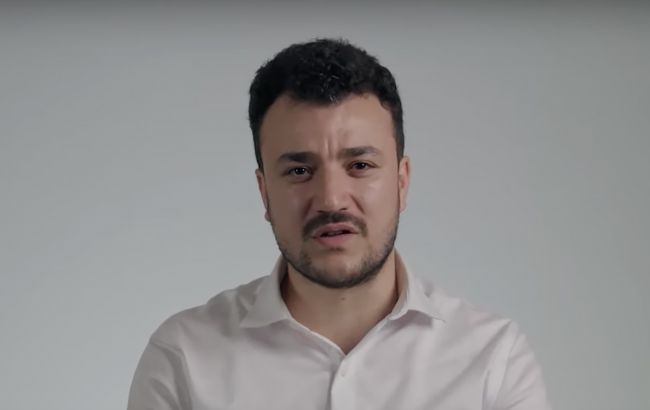Columbia University students fear deportation after Mahmoud Khalil’s arrest
 Columbia activist, Mahmoud Khalil (Photo: Getty Images)
Columbia activist, Mahmoud Khalil (Photo: Getty Images)
After the arrest of student activist Mahmoud Khalil, international students at Columbia University say they feel surveilled, fear deportation, and avoid discussing political topics, The Guardian reports.
“I could be next”: fear of arrests grows
Following Khalil’s detention on March 8, many non-US citizens at Columbia have begun feeling targeted by authorities.
"What scares me the most is that I’ll be asleep, hear a knock on my door, and be taken away - no one will ever know what happened to me," said a 24-year-old student from India who actively supported pro-Palestinian protests. He now lives in constant anxiety, fearing surveillance and potential action by Immigration and Customs Enforcement (ICE).
Federal agents entered Khalil’s university-owned residence, informing him that his green card had been revoked. The Department of Homeland Security accused him of "engaging in activities aligned with Hamas" but has not filed any criminal charges.
Khalil had been a leading organizer of student protests, demanding the university cut ties with companies linked to Israel. His wife, Noor Abdalla, who is eight months pregnant, has called for his immediate release.
Threat of deportation and crackdown on dissent
Amid Trump’s immigration crackdown, international students are changing their behavior. Many have stopped discussing politics on social media, and some are reconsidering trips home, fearing they won’t be allowed back.
"When I leave my apartment, I’m much more aware of my surroundings," said Seher Ahmed, a psychology student from Pakistan.
According to The Guardian, several students have already left the country after having their visas revoked. Shortly after Khalil’s arrest, PhD student Ranjani Srinivasan "self-deported," and Palestinian student Leqaa Kordia was detained in Newark after her visa was canceled.
At the same time, Columbia’s administration received an ultimatum from the White House: in exchange for restoring $400 million in federal funding, Trump officials demanded a ban on masks at protests, reforms to the Middle Eastern Studies department, and increased powers for campus law enforcement.

